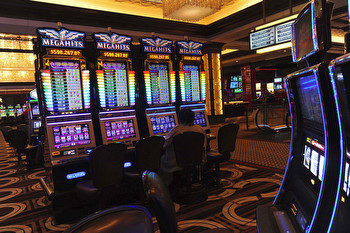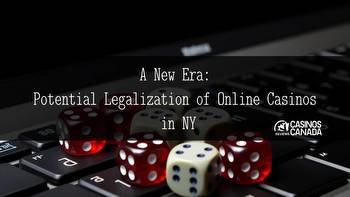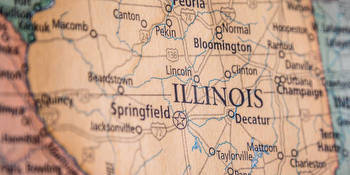Skin in the game

The recent slowdown in online casino legalization should be used by operators and trade organizations to build a unified stance and to begin educating legislators and stakeholders on the importance of enabling brand flexibility under future online casino legislative efforts. More specifically, the ability to offer multiple online casino brands under one license.
If online casino legislation in future states follows the pattern set by enacted sports wagering legislation, online casino operators may not have the ability to offer multiple brands under one license. This could negatively impact the number of brands utilized by operators that enter the market, assuming the number of operators or access points is capped by law. This is the case in Michigan, where the law only allows one brand to be used for online casino and poker by each of the 15 allocated licenses (12 tribal casinos and three commercial casinos). As a result, Caesars had to purchase WynnBet’s online casino license (with the Sault Ste. Marie Tribe) to support its goal of launching a second online casino brand later this year. In turn, this keeps another prospective operator out of the Michigan market.
Yet, there is a chance for the industry to cohesively drive ‘model’ online casino legislation in new states. This would help to ensure brand flexibility for operators, resulting in expanded consumer options and maximized taxable revenue to states.
Recommendations for the future
Appreciating that each state will have its own nuances when contemplating online casino legislation, I recommend a few key points for consideration to ensure maximum brand flexibility for operators:
- Grant each existing gaming licensee [eg, casino/race track licensee) the ability to offer up to three interactive gaming platforms;
- Allow the existing gaming licensee to operate the platform, or to partner with another licensed entity or entities to operate the interactive gaming platform(s) on their behalf;
- Allow the existing gaming licensee, or the entity contracted with the existing gaming licensee, the ability to operate the platform under more than one brand.
There are countless benefits of having the ability to offer multiple brands (skins) under a single license. From having holistic player views, minimizing bonus abuse, reducing customer acquisition costs, improving customer journeys across brands, to (hopefully) increasing the number of registered players and therefore taxable revenue.
Timing is key
While the industry has been frustrated by the slowdown in the pace of online casino legalization the last few years, I offer another perspective – that it has not been the worst thing. With an uptick in recent M&A in the online sportsbook and online casino space, along with the recent growth in adjacent verticals such as DFS, online lottery, and online sweepstakes, there is more of a need to revisit the general structure of online casino legislation to ensure enough operators can enter the given state with the brands they intend to offer.
In February, the National Conference of Lawmakers from Gaming States (NCLGS) announced a partnership with the UK Gambling Commission to form “model online casino legislation” by its summer meeting in Pennsylvania. This would be a great opportunity to ensure brand flexibility (ie, multiple brands under one license) is included. For now, we must wait and see what transpires from the summer meeting, scheduled to be held July 17 to July 20.
There is an extended version of this article including a more detailed analysis and recommended language that could be used in future legislation. To request access, email egrpower@egr.global
Josh Pearl is an independent gaming consultant who previously held various positions with PENN Interactive, helping lead advanced deposit wagering, online casino, and sports wagering expansion efforts into new markets.


































